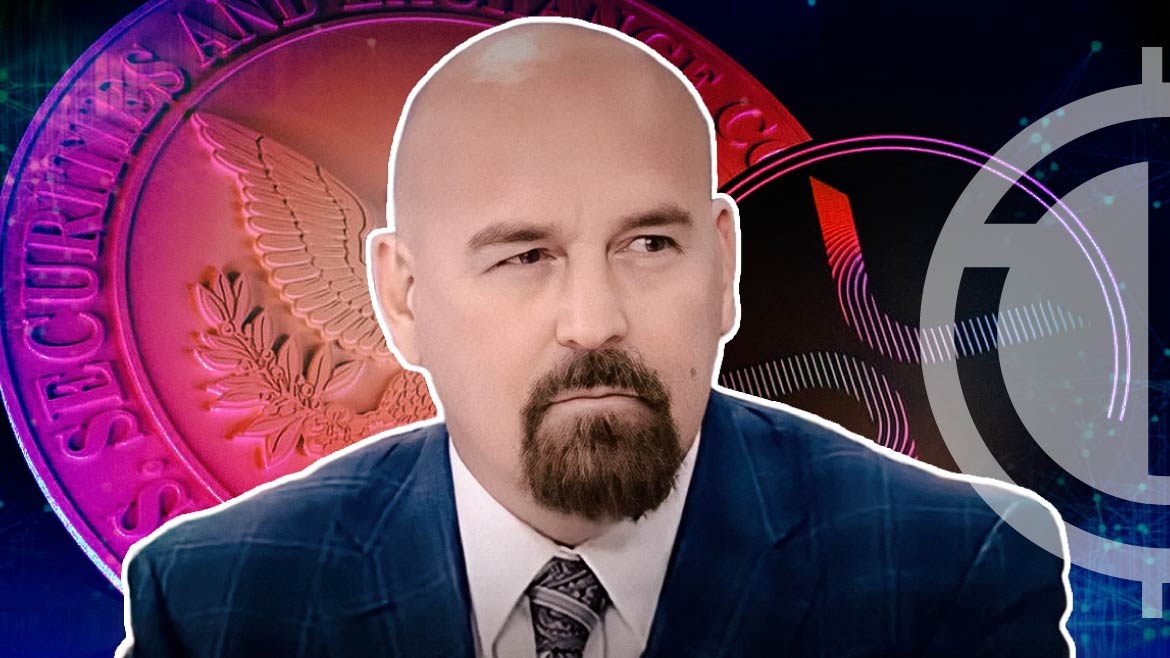- Pro-XRP lawyer John Deaton questions the SEC’s actions regarding cryptocurrency regulations, particularly Ethereum and Bitcoin.
- Deaton suggests the possibility of multi-agency coordination with the SEC taking the lead, sparking skepticism about government actions in the crypto industry.
- Steven Nerayoff was charged with extortion related to a 2017 initial coin offering (ICO) threat against a Seattle-based crypto startup, which was dismissed later.
In a recent tweet pro-XRP lawyer John Deaton, the founder of Crypto-Law US, delved into issues involving the United States Securities and Exchange Commission (SEC), and its actions related to cryptocurrency regulations, particularly Ethereum and Bitcoin. He referred to the actions taken by the government against Steven Nerayoff, an early adviser to the Ethereum network.
When anyone starts looking into everything, including what the government did against Nerayoff, dropping ALL charges against him, AFTER he made it clear that he would fight back, and seek full discovery, you do not have to wear a tin foil hat to suspect multi-agency coordination,… https://t.co/cX5YBsndXS
— John E Deaton (@JohnEDeaton1) September 15, 2023
Deaton raised suspicions about multi-agency coordination, with a focus on the SEC taking the lead. Suggesting skepticism about the government’s actions, Deaton tweeted, “You do not have to wear a tin foil hat to suspect multi-agency coordination, with the SEC taking the lead”.
Nerayoff and his employee Michael Hlady were charged with extortion as they allegedly threatened to destroy an unnamed Seattle-based crypto startup during its initial coin offering (ICO) in 2017 if they were not paid millions of dollars in the cryptocurrency Ether (ETH). A New York judge dismissed criminal extortion charges against Steven Nerayoff case which involved explosive allegations against U.S. investigators, with Nerayoff maintaining his innocence from the beginning.
Nerayoff claimed he was the victim of an elaborate setup by the FBI, alleging that false charges were pursued to obtain incriminating evidence on his contacts in the crypto industry. Nerayoff’s lawyers claimed that he was given a clipboard with a list of names of top crypto industry figures and instructed to provide dirt to the FBI to secure lighter sentencing. This included names like Ethereum founder Vitalik Buterin and Caitlin Long, the founder of Custodia Bank.
The U.S. Department of Justice (DOJ) denied many of Nerayoff’s claims, including the speculation that Hlady was a government informant. The DOJ’s motion to dismiss did not address the claim that Nerayoff was put in a van and given a list of names. The judge denied Nerayoff’s motion to compel the government to turn over more evidence, making it unlikely that the public will see evidence supporting his claims.
Thus, the dismissal of the charges against Nerayoff, coupled with his allegations, has generated intrigue and speculation about the government’s motives and actions in the cryptocurrency industry. Deaton tweeted after Nerayoff questioned the concept of “agency created law” and how Ethereum satisfied the regulatory requirements set by the SEC.






